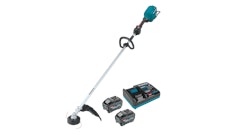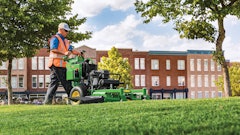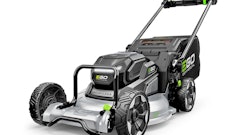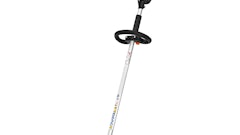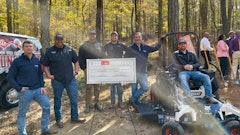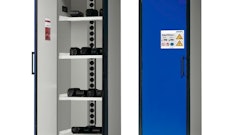There is an important trend emerging in the U.S. economy. According to business consultant John F. Dini, the majority of small business owners are now over the age of 50 and starting to close in on retirement—with fewer interested people to sell their companies to.
To a certain degree, this shift is also about to be felt right here in the Green Industry. A recent survey of landscape contractors subscribed to Green Industry Pros magazine suggests that roughly one-third of established, full-time landscape company owners are over the age of 55. The same can be said about lawn equipment dealerships. The Green Industry Pros survey results show that more than half of equipment dealership owners are over the age of 55. More importantly, one in five dealers plan to sell their businesses within the next five years.
The question, then, is whether or not these company owners will have someone to sell their businesses to when they decide to call it quits. Dini is one expert who thinks that could become a challenge.
"Baby Boomers are 2.5 times more likely to own a business than the generations following them," says Dini, author of the award-winning book, "Hunting in a Famer's World, Celebrating the Mind of an Entrepreneur and Beating the Boomer Bust."
Dini adds that there are three major trends in play that challenge a small business owner preparing to exit. Understanding these trends can help these owners identify good buyers and transition successfully.
Smaller group of buyers. Generation X (age mid-30s to 50 or so) represents a much smaller group of people than the Baby Boomers. Millennials (early 30s or younger) represent a comparably sized group, but typically are not in a position to be buying companies.
They have different priorities. The younger generation, stereotypically speaking, lacks the work-first mentality often required to own and operate a business. Those who do have it might be more inclined to simply start their own Green Industry companies from scratch.
Many don't want to own companies. The fact is, though, that a majority of the younger generation simply do not want to own their own companies. They seek a level of freedom that is often forfeited when owning/operating your own business—especially in very demanding, seasonal businesses like this one.
Two succession strategies to consider
Build to sell. Dini says an exit-minded business owner should focus on building a business that's attractive to those younger buyers who are interested in owning companies. This type of business provides for flexibility. It doesn't require a huge down payment. And while the technology does not have to be cutting-edge, it does need to be current. Then, other important attributes still persist, such as predictable revenues, decent margins and a solid customer base.
Hire your buyer. The second option, according to Dini, is to hire your buyer. Lacking capital at the moment, some of these younger go-getters could benefit from working with you for a few years as you prepare to sell the business and retire. This gives them time to not only better learn the business and refine their skills, but also get a financial plan in place to ultimately purchase your business.
Perhaps there's someone already working for you that could fit this bill. Whatever the case, creating a successor requires a commitment to planning and development, but the financial aspects are fairly simple, Dini points out. A few years of selling equity in small amounts can let your successor build a minority stake. Then he or she can obtain third-party financing for the balance of the purchase so you can maintain control throughout the process—and take the proceeds with you when you leave.




